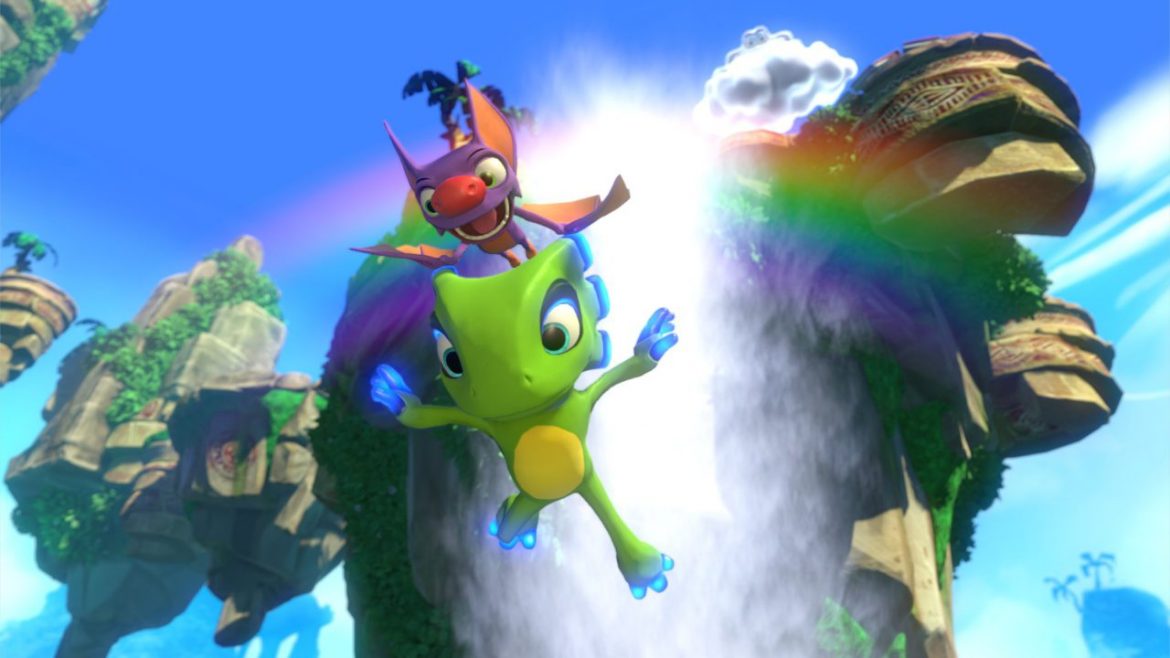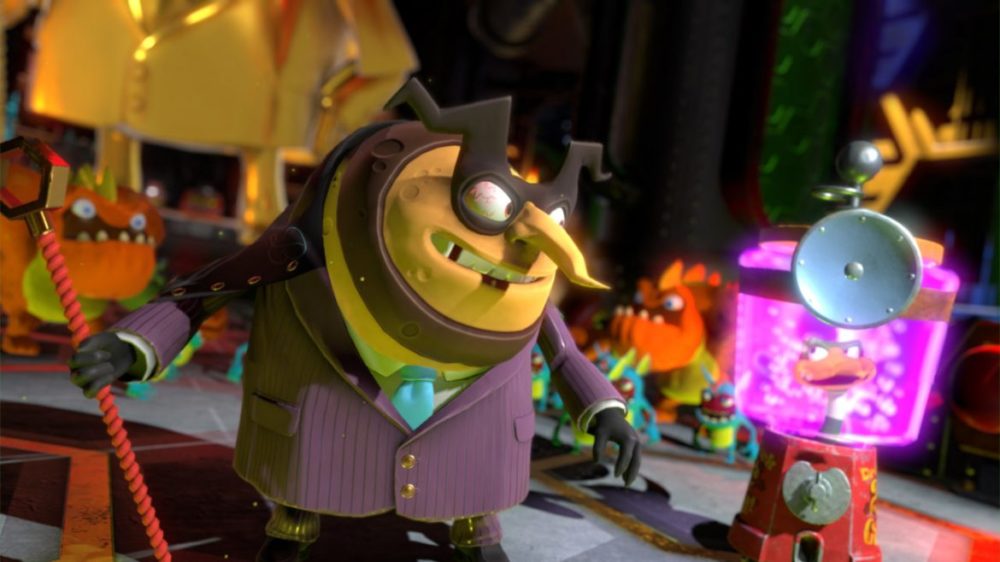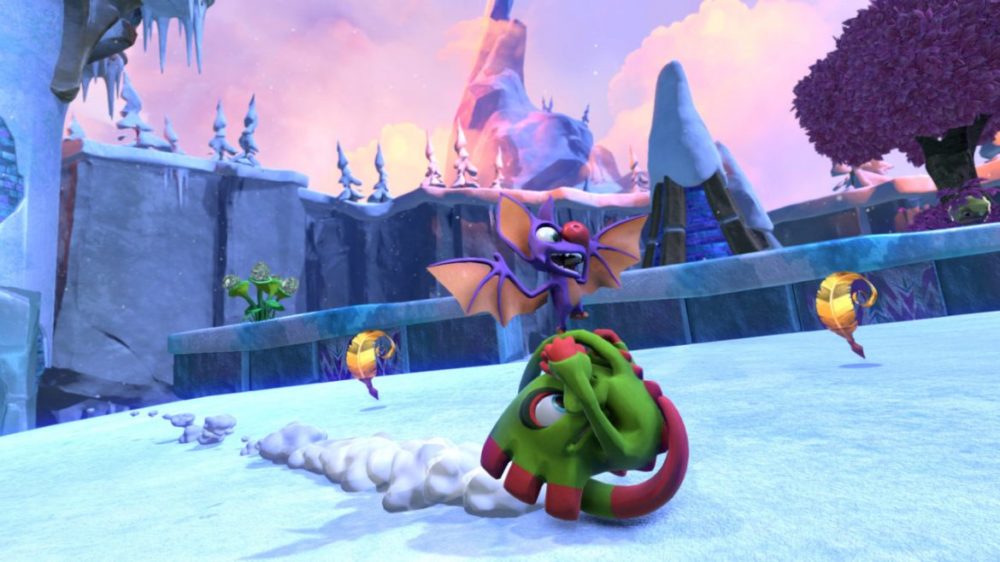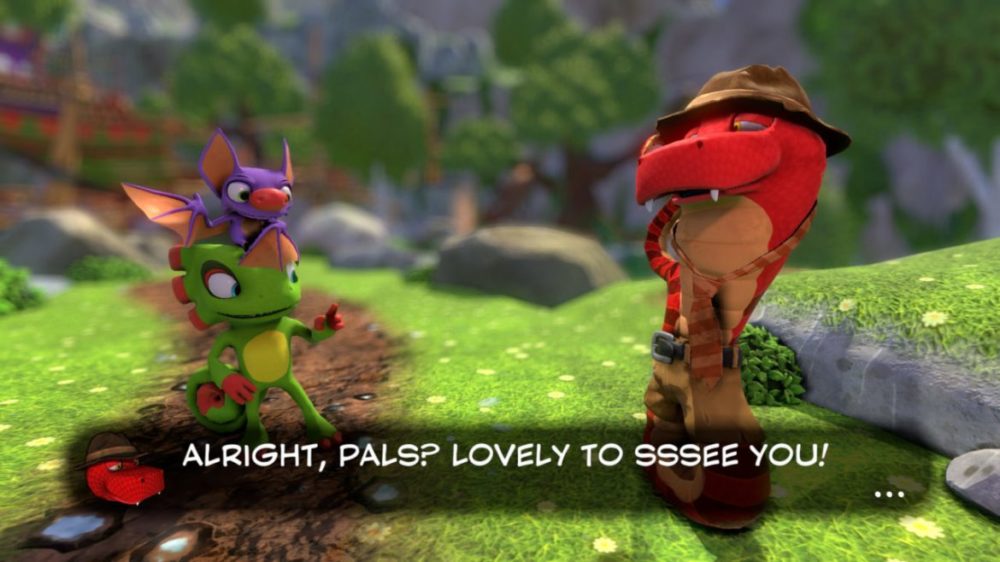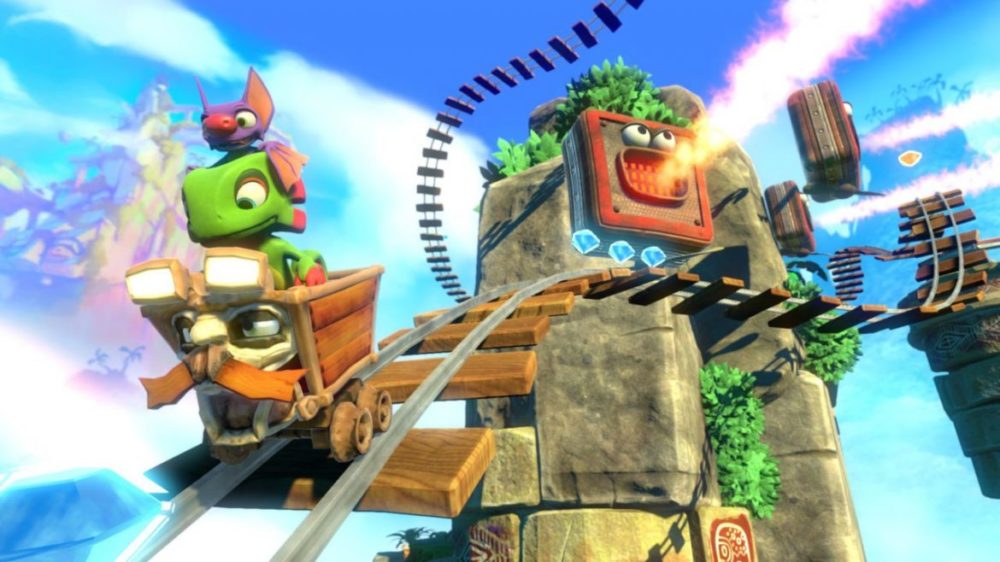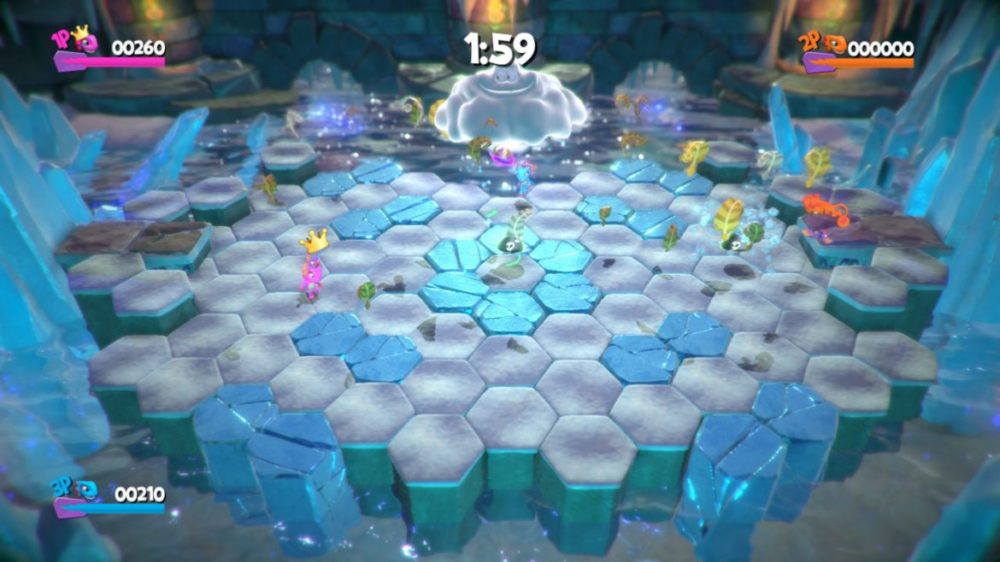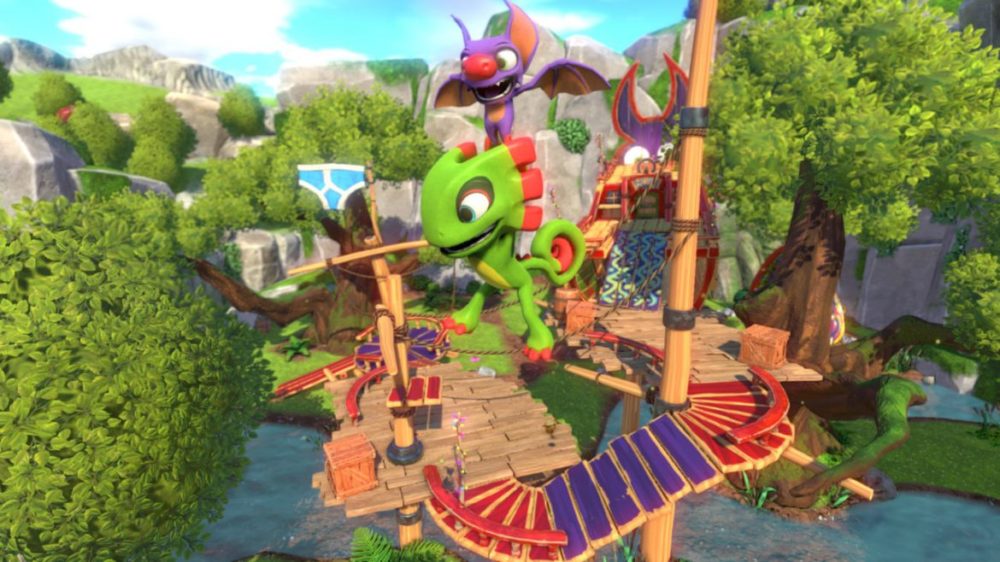TL;DR
Gaming is seeing a resurgence of retro-inspired titles, and Yooka-Laylee aims to capture the magic of N64-era Rare classics. This vibrant 3D platformer features charming characters and colorful worlds, with gameplay that echoes games like Banjo-Kazooie. Collect book pages to unlock new areas and upgrade abilities. However, while the visuals and spirit are spot-on, Yooka-Laylee is significantly held back by frustrating camera controls and imprecise movement that can detract from the fun. It's a passionate throwback, but some retro design choices feel more dated than delightful. Curious to see if its charm outweighs its flaws? Read the full review.
There is a noticeable trend towards retro-inspired experiences in gaming. Just on senses.se, recent content has included a review of the exceptionally retro point-and-click adventure Thimbleweed Park, a detailed guide on building a retro console capable of playing various formats, and the impending re-release of the PSX classic Parappa The Rapper. The adage, “The more things change, the more they stay the same”, rings true. Retro aesthetics are not merely about nostalgia; they also highlight how quality design can endure. Rare, a company that holds a special place in many gamers’ memories, created a series of enduring classics during the Nintendo 64 era. Many of these titles have been re-released on Xbox via Rare Replay, following Microsoft’s acquisition of Rare. Playtonic Games, comprised of former Rare employees, has dedicated recent years to developing Yooka-Laylee, a platformer designed to capture the spirit of Rare classics like Banjo-Kazooie.
Yooka, a green lizard, and Laylee, a bat with a prominent nose, form a symbiotic duo. They navigate a world where the villainous Capital B, an evil bee, seeks to exploit the world’s literature for profit. Yooka-Laylee features several distinct worlds, unlocked by collecting book pages. These pages are often guarded by puzzles or mini-/end-bosses that must be overcome. Collecting scattered gold feathers allows players to upgrade Yooka and Laylee’s abilities, including rolling up steep inclines, extended aerial maneuvers via double jumps, and emitting stunning sound waves.
Yooka-Laylee is a vibrant, traditional 3D platformer. The graphics, rendered in bold colors, evoke the 90s-era 3D platformers of the Nintendo 64, but with enhanced detail and resolution. The frame rate is generally smooth. Performance felt optimal on the standard PS4, as the PS4 Pro’s boost mode occasionally resulted in excessive speed. Yooka-Laylee does not offer specific enhancements for the PS4 Pro, but given its modest technical demands, such enhancements are arguably unnecessary.
The audio landscape consists of a somewhat repetitive synth and orchestral loop, reminiscent of the digital circus sound prevalent approximately 25 years ago. The characters communicate through amusing text accompanied by grunts and noises, a clear homage to Banjo-Kazooie’s signature style.
Yooka-Laylee is a substantial game, requiring backtracking as players acquire new abilities and collect book pages – a design choice mirroring older titles. A crucial aspect of 3D platformers is camera handling and controls; unfortunately, this is an area where Yooka-Laylee falters. The camera can be erratic, exhibiting jerky movements and a tendency to become trapped in corners, leading to disorientation. Basic movement and combat, involving tail spins, are generally adequate. However, executing special moves, such as rolling up slopes or accurately utilizing Yooka’s abilities, can feel imprecise and cumbersome. This introduces unnecessary frustration to a platformer that already presents a reasonable challenge. Imperfect controls and an overly sensitive camera exacerbate these difficulties.
Playtonic Games has fully embraced the retro aesthetic in Yooka-Laylee. The game lacks an interactive map, voice acting, fixed save points (relying on automatic saves at key events), and extensive bonus content, aside from a collection of simple arcade games for competitive play. This adherence to established conventions, while intentional, can feel restrictive. Design choices that may have been acceptable in 1997 can feel outdated in 2017. While Banjo-Kazooie’s age is part of its charm, Yooka-Laylee often feels “old” in a detrimental way, lacking the retro-fun aspect. In contrast, Thimbleweed Park successfully retains the retro aesthetic while updating dialogue, pacing, and game mechanics for a modern audience. Few would appreciate a return to the punishing difficulty and potential for dead ends found in older titles such as Maniac Mansion.
Ultimately, Yooka-Laylee is a game that demonstrates considerable charm and passion, and offers moments of creativity and enjoyment. However, it is significantly hampered by subpar controls and camera behavior, which also negatively impacts the arcade game bonus section. While comparing a Kickstarter-funded game to a large studio production may seem unfair, Playtonic could have benefited from examining Insomniac’s approach with the Ratchet & Clank reboot. That title retained the best elements of the original platformer while updating the graphics, addressing flawed design choices, and refining the overall presentation. Yooka-Laylee surpasses the visual fidelity of 90s-era games, but inherits several of their shortcomings. Design decisions such as distant respawn points after death and the omission of a map function feel antiquated.
Yooka-Laylee possesses positive attributes and can be considered a reasonably challenging and charming platformer, despite its flaws. While we hoped to embrace it wholeheartedly, we can only offer a qualified recommendation. Given its relatively lower price point and with appropriate expectations, it may appeal to platformer enthusiasts. However, it falls short of being a truly exceptional title.
